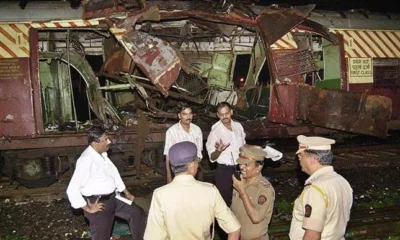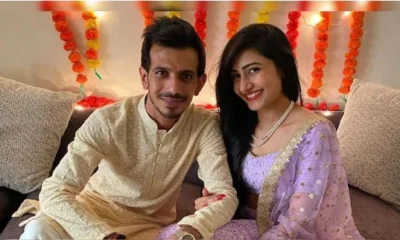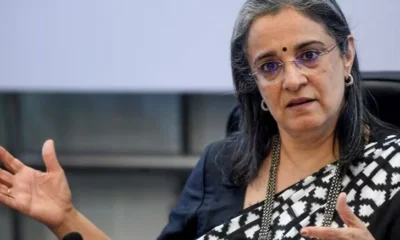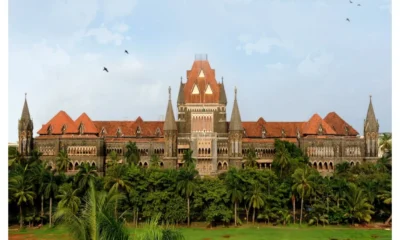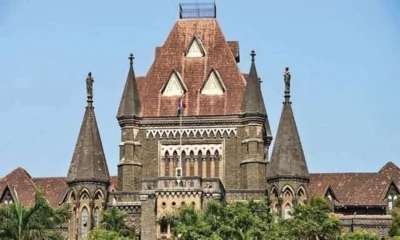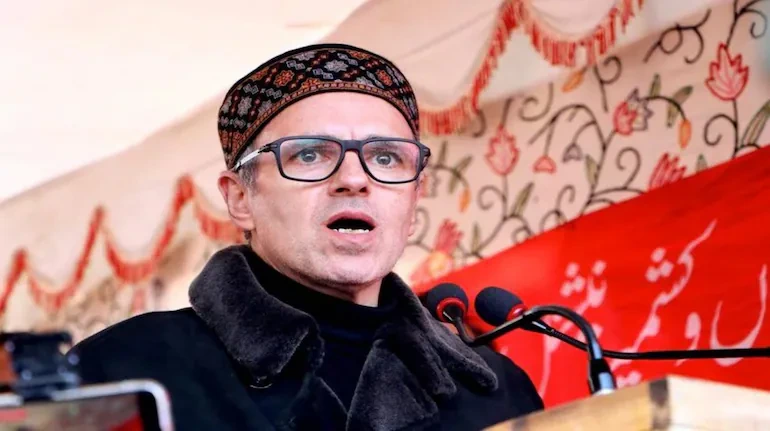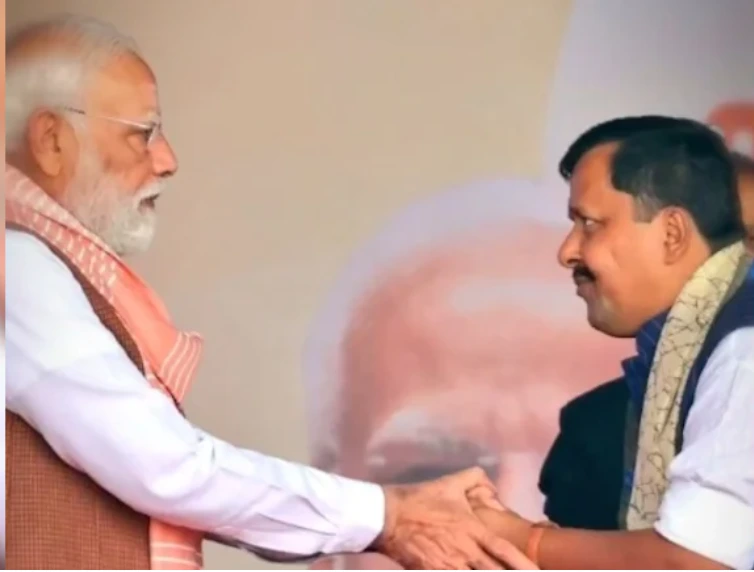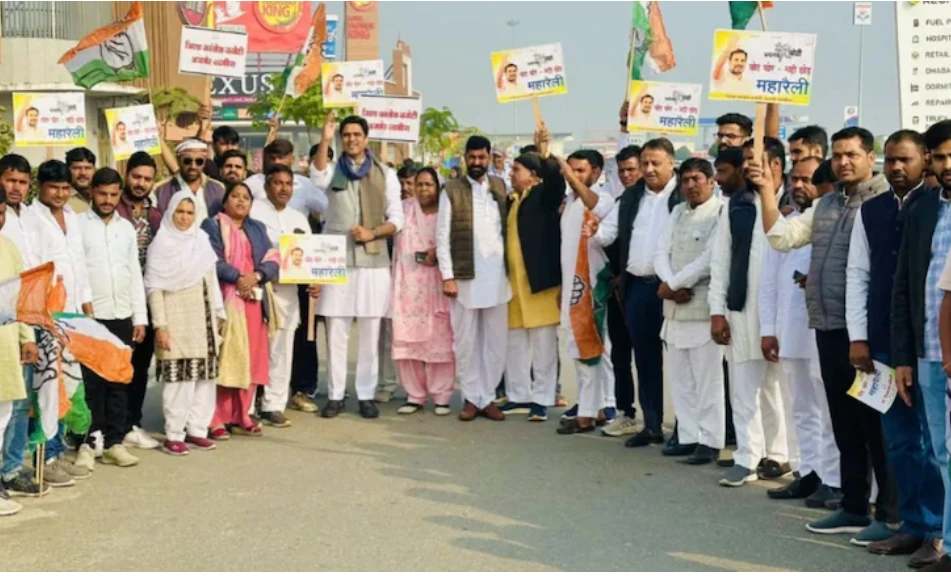[vc_row][vc_column][vc_column_text]Bilkis and her family have moved house over 20 times. The new threat to their livelihood is posed by gau rakshaks, says her husband.
By Rashme Sehgal
The Bombay High Court judgement on the Bilkis Bano case is historic as this is the first time that police impunity in criminal action has been acknowledged by the judiciary. State officials, including police and doctors, have been indicted for their role in aiding and abetting the most heinous of crimes.
The convicted policemen and doctors are Narpat Singh, Idris Abdul Saiyed, Bikabhai Patel, Ramsingh Bhabhor, Ramanbhai Bhagora, Dr Arun Kumar Prasad and Dr Sangeeta Kumar Prasad. They have received a sentence of three years imprisonment with each of them also expected to pay a fine of Rs 20,000 within eight weeks
On March 3, 2002, 19-year-old Bilkis Bano fled her village along with her father, mother and other members of her family in a truck because their homes had been burnt down by Hindutva mobs following the alleged burning of a coach of the Sabarmati Express at Godhra, which resulted in the death of 56 people. The truck was stopped by an armed mob of rioters in Randhikpur village near Ahmedabad where not only did a mob gangrape a five-month pregnant Bilkis but went on to kill 14 members of her family including her two-year-old daughter and her ageing mother.
The most shocking aspect of this killing was how the bodies of Bano’s relatives were beheaded and then buried by the police in unmarked graves, which, in turn, were filled with what has been reported to over 90 kg salt to ensure quicker decomposition. The body of Bano’s daughter, Saleha, was never found.
Bilkis has suffered a long, arduous journey to secure justice. Following the rape, she approached the Limkheda police station, where officials reluctantly filed a FIR but did not name the rapists, whom Bano had identified. In fact, all three rapists were known to her with two being in their early 50s. Her family used to sell milk to them and as she tried to flee from them, she said, “Why are you doing this to me. I know you and have been like a daughter to you.”
The judicial magistrate closed the case on the basis of inputs by the Gujarat Police who claimed they had found several “inconsistencies” in Bano’s version.
Bano appealed to the National Human Rights Commission, who, in turn, asked Harish Salve to represent her case before the Supreme Court. A CBI inquiry was ordered as also action against the Gujarat Police officers for effecting a cover-up. Since Bilkis and other witnesses were facing harassment, the Supreme Court transferred the case to Mumbai.
It was only in 2004 that the CBI arrested 12 accused people and found the Gujarat Police complicit in the cover-up. As she and other witnesses faced threats continuously, the Supreme Court also appointed a public prosecutor on Bano’s request.
On the basis of the CBI chargesheet, which named 20 people including six police officers and two government doctors as the accused, and the cross-examination of 73 witnesses, the Mumbai sessions court found 12 people guilty but acquitted five police officers and the two doctors. But the Bombay High Court went a step further and on May 4 this year, it upheld the life sentence to the 11 surviving convicts by the lower court, thereby vindicating all she had said from the start.
Speaking at a press conference in New Delhi, Bano and her husband Yakoob Khan welcomed the judgement. “We are happy with the judgement of the Bombay High Court. My family is also happy. We are happy that the police and doctors have been found guilty. They must be punished,” she said.
“We have had to undergo a lot of sufferings. We want to start afresh. We want to educate our children. Such has been our experience in the last 15 years that our eldest daughter wants to become a lawyer now,” Bilkis Bano said.
Yakoob, who sat next to her during the press meet, was holding their young daughter. “Although our journey for justice has been longdrawn, our faith in the Indian judiciary had been re-established. We are relieved now. I also hope that, like Bilkis, rape survivors of all communities should get justice,” he said.
Elaborating on the challenges she faced over the last 15 years, Bilkis said, “We have faced many threats during our struggle for justice. The Sessions Court gave parole to the accused, who would come to our village to threaten us. They would hold meetings in the village to try and intimidate us.”
Since the 2002 riots, Bano and Yakoob have moved homes at least 20 times while trying to find refuge in Mumbai, Pune, Ahmedabad and Vadodara. Each change of address meant a change in their children’s schools. They had to take their young children with them, every time they had to make a court appearance in Mumbai, where Bano’s case was shifted once the CBI found evidence of the Gujarat Police’s complicity in the cover-up.
While the Bombay High Court directed that the fine money imposed on the accused be given to Bilkis, the sad reality is that there is no government mechanism to compensate survivors of communal violence.
As Bilkis said at the press meet that she has not received any help from either the state or the Central government. But she was insistent on one point. “No one from the government has met us in the last 15 years but today, I am grateful to the judiciary. I feel justice has been served. Mujhe insaaf chahiye, mujhe badla nahi chahiye ( I want justice, I do not want revenge). I want my daughters to grow up in a safe India,” she said.
Activist-writer Farah Naqvi pointed out, “Bilkis Bano in her writ to the Supreme Court filed in 2004 had asked for compensation. But amongst the list of injuries that the government offers compensation for, social violence has not even been acknowledged. The result is that Bilkis received Rs 1.75 lakh for the death of her daughter as did her father and other members of her extended family for the loss of their family members, this is all Bilkis has received.”
She called for a national policy with standard norms of compensation to be paid for victims of social and communal violence, which can at least help them fight their legal battles.
Bilkis’ lawyer Vijay Hiremath from Mumbai pointed out that there is no clarity among states on the quantum of compensation to be paid to victims of violence. In 2016, the Supreme Court directed that all states come up with a scheme as to how much compensation they were willing to offer but this has been primarily compensation for rape victims.
“While Maharashtra is offering Rs 3 lakh, the state of Goa has announced a compensation of Rs 5 lakh. But Bilkis cannot lay claim to this only because this is not being applied retrospectively,” Hiremath said.
The Lucknow-based Madhavi Kuckreja, who has worked closely with a team of activists to provide support to Bilkis, regrets the lack of a clear policy in a country which is facing a rising graph of communal incidents.
“While the UP government has announced a policy to compensate acid victims, nothing is given to riot victims who often face physical violence and are also victims of displacement. Following the riots in Muzaffarnagar, victims there were given Rs 5 lakh to build new homes but this is not the norm,” she said.
The accused in the Bilkis Bano case are expected to file an appeal in the Supreme Court. Meanwhile, Bilkis and Yakoob hope they can lead a more settled life in future. This will not be easy. Their families are in the cattle rearing and trading business which has been facing increasing threats from gaurakshak groups in Gujarat.
“Our traditional business has always been cattle-rearing and trading. But now we are being seen as butchers. We fear getting attacked all the time just for doing our job. We have to figure out what we will do in the future,” Yakoob said.[/vc_column_text][/vc_column][/vc_row]
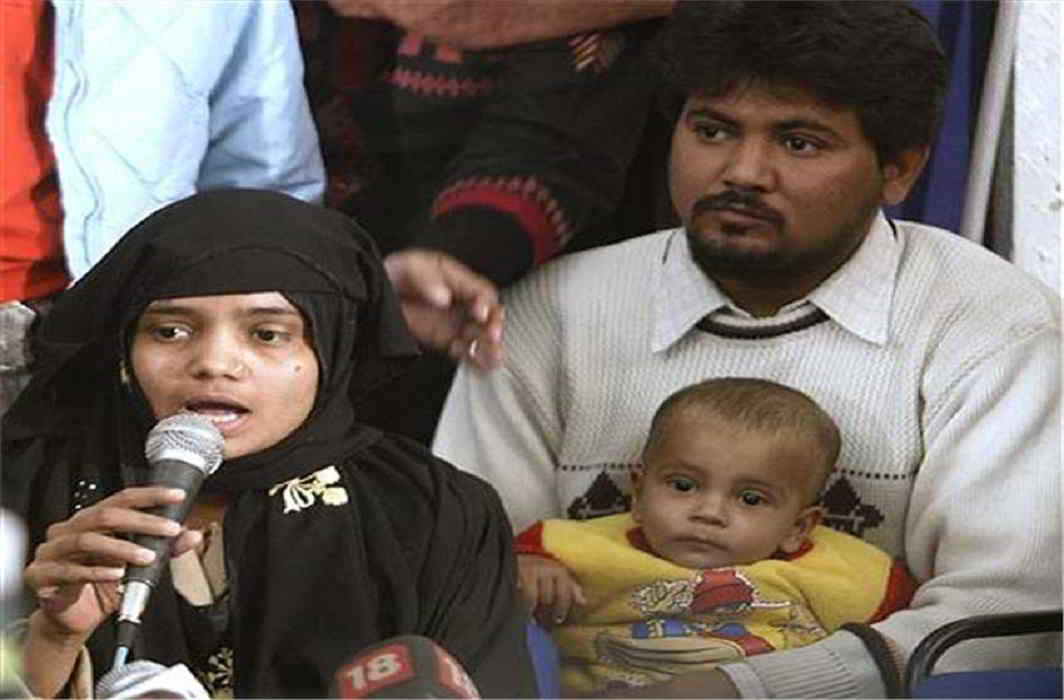

 Latest world news6 hours ago
Latest world news6 hours ago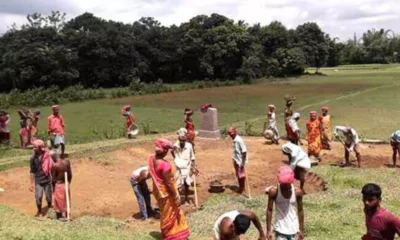
 India News3 hours ago
India News3 hours ago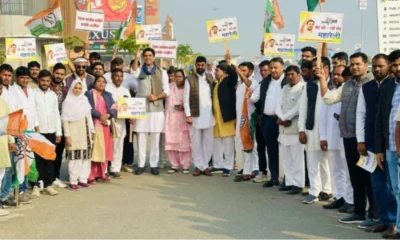
 India News2 hours ago
India News2 hours ago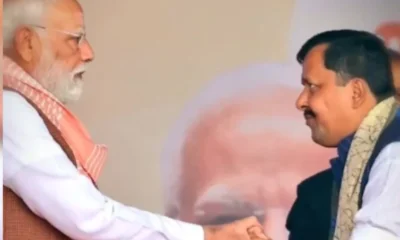
 India News46 mins ago
India News46 mins ago
 India News33 mins ago
India News33 mins ago
